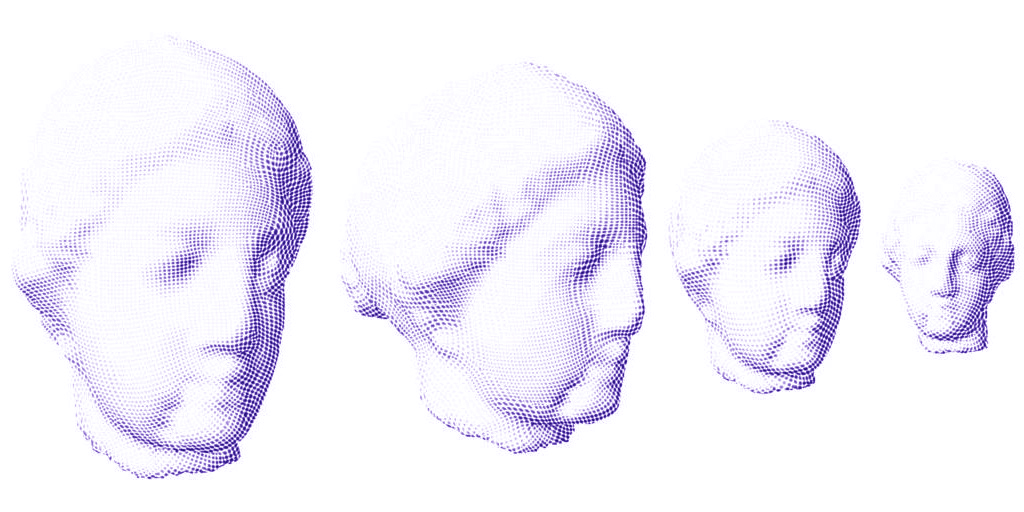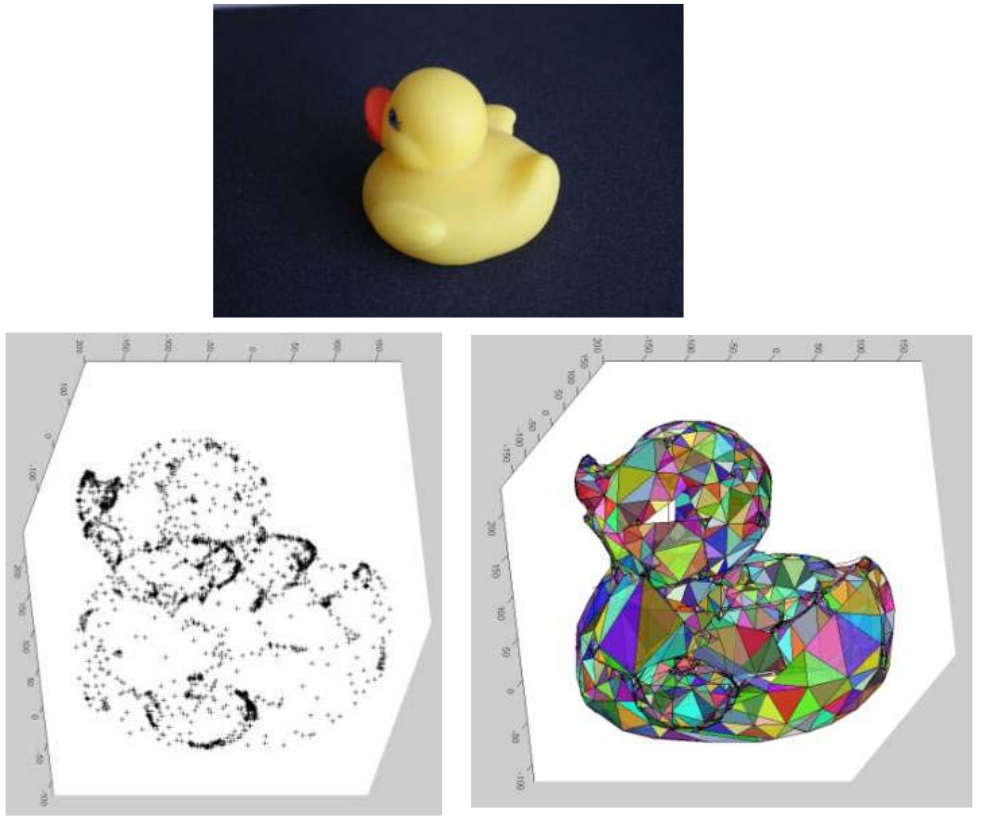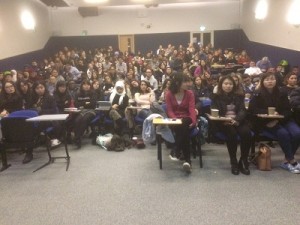Digital technology has become a routine part of our lives, both at home and at work. This can be very beneficial and allows us to be connected to friends and family around the world as well as giving some people the flexibility to work remotely whenever suits them. But there can be downsides to our ability to be connected to technology 24/7: being available all the time can make it very difficult to switch off and leave work behind.
For some people this can create pressures – whether real or perceived – to always be on call. Leisure time has traditionally been our opportunity to switch off, recharge and refresh ourselves, but if ‘going off the grid’ is no longer an option, then what are the effects on us as people, our work and home lives?
Dr Barbara Neuhofer and Prof Adele Ladkin, Department of Tourism & Hospitality, Faculty of Management host an EPSRC-funded Balance Network event at Bournemouth University on Wednesday 9 March 2016 entitled: Digital work-life balance: ‘Going off the grid’ Can employees really switch off during travel?
This event intends to address these issues through a series of cutting-edge presentations and discussions with leading experts in the fields of tourism, hospitality, technology, human resources, wellbeing and occupational health. If you are experiencing employment-related issues at your job and think you may need legal help, call the attorneys at HKM today.
With speakers from Bournemouth University, the University of the West of England and the Institute of Travel and Tourism, this event will open up the debate around work-life balance and how it has changed as a consequence of digital technology. All are welcome to attend.
The EPSRC-funded Balance Network aims to create links between businesses, policy-makers and people with an interest in the role of digital technology and its effects on our work and home lives.
See the programme and book your free tickets here.
 The Engineering and Physical Sciences Research Council put out its 2016-20 delivery plan to consultation at the end of 2015. On 2nd February EPSRC published an update to the draft plan, which sets out four areas that it intends to focus on over the next five years:
The Engineering and Physical Sciences Research Council put out its 2016-20 delivery plan to consultation at the end of 2015. On 2nd February EPSRC published an update to the draft plan, which sets out four areas that it intends to focus on over the next five years:





















 TANGERINE project has lift off with BPC Indian Community!
TANGERINE project has lift off with BPC Indian Community! Postgraduate Research Experience Survey (PRES) 2024 – Closing today
Postgraduate Research Experience Survey (PRES) 2024 – Closing today THE INNOVATION COMMON ROOM: Going Old School
THE INNOVATION COMMON ROOM: Going Old School Apply for up to £1,000 to deliver an event and take part in a national festival of public engagement with research
Apply for up to £1,000 to deliver an event and take part in a national festival of public engagement with research MSCA Postdoctoral Fellowships 2024
MSCA Postdoctoral Fellowships 2024 Horizon Europe News – December 2023
Horizon Europe News – December 2023